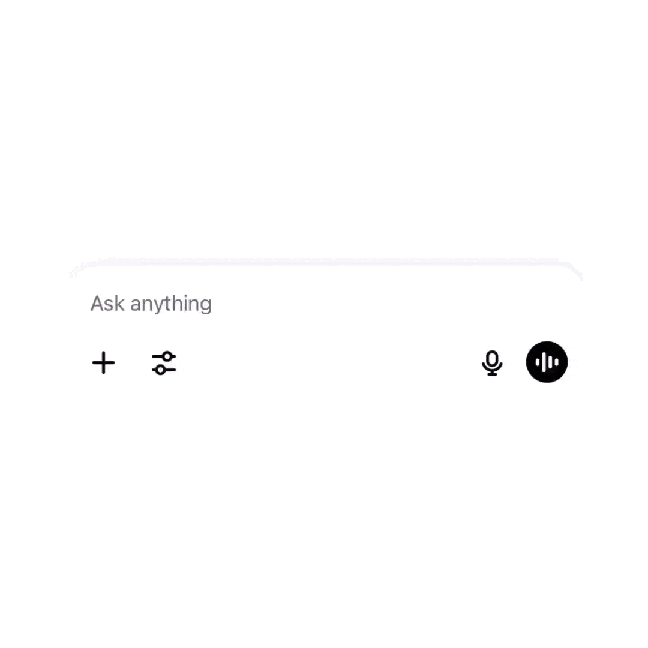Let’s get one thing straight.
Local SEO still matters.
But here’s the thing…
If you think showing up on Google is still the game, you’re already losing.
Your next customer doesn’t find you on page one of Google anymore.
They’re asking ChatGPT.
They’re using Copilot.
They’re skipping the ads, the maps, the dodgy directories, and going straight to the answer.
And if you’re not in those answers?
You’re invisible.
Wait, so what is Local SEO now?
Local SEO used to mean doing enough to pop up when someone Googled:
“Plumber in Leeds”
“Best physio near me”
“Wedding photographer Bristol”
But that whole approach is built for a world that’s disappearing. Fast.

Today, consumers ask AI assistants:
“Who’s the most reliable roofer in York for storm damage repairs?”
“Is there a massage therapist near Exeter who takes NHS referrals?”
“What should I ask before hiring a dog trainer in Nottingham?”
They’re not clicking blue links. They’re not scrolling, and they’re certainly not writing short, minimalist keywords.
They’re writing detailed, conversational questions, including follow-ups.
But the best part?
They’re just getting an answer.
One answer.
Not ten. Not five. One.
If you want to beat your competitors, you need to be that answer.
Why Google isn’t enough anymore
Google is still huge, don’t get me wrong. And if it plays the AI game correctly, it will be for a good while longer.
But in its current form, it’s designed to sell clicks. Ads. Choices.
Distractions.

Google is struggling to keep its users. Many report finding the user experience to be the worst it’s ever been.
Not to mention it is absurdly competitive to track on Google nowadays.
And unless you’re a national brand with a 5-figure ad budget, you’ll never win that game consistently.
Meanwhile, ChatGPT?
They pull answers directly from:
- Helpful blog posts
- FAQs on your website
- Review sites you’re listed on
- Google Business profiles
- Local directories
- Forum threads and Reddit comments
- And honestly… anywhere with a solid answer
In the game of AI discovery, specificity wins. Not budgets or even storytelling.
And this represents a fundamental shift in how consumers can source information.
If I’m not being clear enough, let me spell it out for you in plain English:
You can now show up in AI search results without ranking anywhere on Google.
No, I’m being deadly serious.
This is already happening for thousands of small, niche businesses worldwide.
What Smart Local Brands Are Doing Right Now
If you run the kind of business that wants to actually get found over the next decade (and not just tick the SEO box), here’s what you should be focusing on:
1. Answer questions your customers actually ask you in person, online
Think about what different prospects are going to ask when they reach the end of the sales funnel:
“How much does a kitchen extension cost in Bristol?”
“Is osteopathy covered by insurance in Manchester?”
“Who is the best barbershop for skin fades in Glasgow?”
These are the queries you need to appear inside in order to guarantee business for the next decade.
You don’t need a big brand, and you don’t need perfect grammar ( it ‘elps tho 😉).
You just need to answer as many common questions as you can, ideally in a blog post, in an FAQ, or on a service page.

2. Structure for AI AND humans
- Use Schema markup (FAQ, HowTo, LocalBusiness, Reviews)
- Lay out content with clear headers, bullet points, and engaging content
- Make it stupidly easy for AI to understand what you do and where
- Make it stupidly easy for people to understand the point you’re making
Spoiler alert: AI doesn’t guess. It reads.
3. Consistency wins trust
Your name, business address, and phone number (NAP) needs to match across:
- Your website
- Google Business
- Bing Places
- Yelp, Yell, Trustpilot, etc.
If AI sees mismatched info, it shrugs its broad shoulders and picks someone else.
Bonus: Reviews. Reviews. Reviews.
Don’t overthink it. Just ask!
Ask happy customers for Google reviews. Bing reviews. Anywhere that counts.
100+ good reviews are the new five stars.
If your competitor has 82, aim for 83.
It’s petty. But it works.
Local SEO hasn’t died. It’s evolved with the times
Look, I’m not here trying to scare you.
But the landscape has already shifted.
If you’ve been in the game since the naughties, you know exactly what I mean.
SEO used to be easier, more organic, and generally just better.
And it’s not just search. Organic social media reach is at an all time low.
You don’t have to accept it anymore.
AI search is live, active, and has already changed how millions of consumers find small, local brands like yours.
If you’re still only optimising for Google, you’re losing the battle.
But here’s the good news:
The bar is still low.
Most of your competitors have no idea this is happening.
If you start now just by answering a few questions and cleaning up your online presence – you can dominate your niche.
No ads. No hacks. No BS.
Just you being genuinely helpful, in the right place at the right time.
Want help with this?
This is literally what we do.
If you want your local business to show up where people are actually searching, book a call with us 👇
We’ll help you show up in ChatGPT, Grok, Copilot, and everything in between.
Because local SEO isn’t dead…
It’s only just reached its infancy. 🚀
